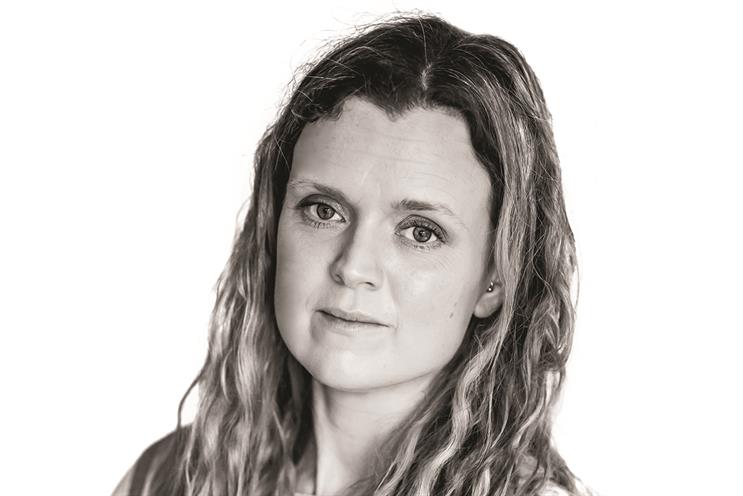I’ve been thinking a lot about ownership lately – and whether anything about a business’ workings is predetermined by the people it ultimately serves. Are private companies better at thinking for the long term? Do listed businesses have to chase immediate financial gains?
As I write this, Channel 4 is currently owned by the public. Some people might not realise it, however, as it costs us nothing. When I started covering media 13 years ago, there were fears about Channel 4’s future sustainability. Plus ça change. In 2008, Ofcom predicted Channel 4 would have a £100m deficit by 2012.
In fact, since then, two successive regimes have pivoted and innovated the broadcaster into a sustainable business model.
It offers diverse, quality content attracting viewers that advertisers want to reach. It’s not the most profitable way to run a TV channel. But it washes its face. And that’s OK, as Channel 4’s shareholders don’t ask for anything else.
Thanks to those of you who signed it. A sale will do little to improve the country’s finances but is likely to lead to a reduction in options for viewers and advertisers alike.
Another company that has made the most of its ownership structure is Mother. Robert Saville and his minority partners have resisted the lure of a big cheque – a rarely admitted but common motivation of founders – preferring to run the business for themselves. It’s an unashamedly commercial entity. But one that enthusiastically invests in creative projects for no other reason than they’re a good idea.
And what a breeding ground of talent that approach has proved to be. To mark its 25th birthday, I spoke to some of the illustrious creative leaders who have worked (or work) at the agency. If there is a quicker way to get tingly about the possibilities of the advertising industry, I’d like to hear it. Please.
Maisie McCabe is the UK editor of ±±¾©Èü³µpk10


